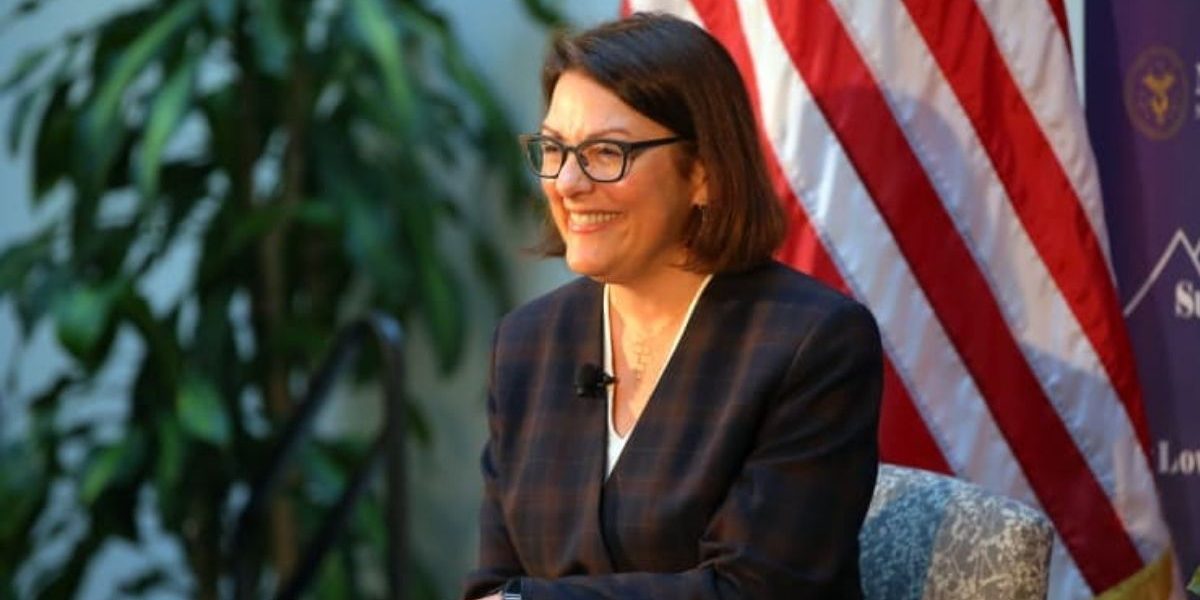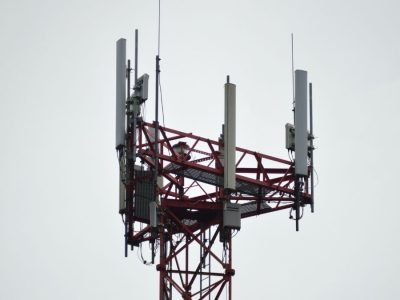Democratic lawmaker suggests a national online privacy standard as states move on with their laws

Rep. Suzan DelBene, D-Wash. is reintroducing a bill intended for creating a national standard for digital privacy rights as states move forward with their own digital privacy laws in the absence of federal regulation.
The bill comes about a week after Virginia’s governor signed the state’s own privacy legislation into law. Virginia became the second state in the nation after California to ensure such rights. But DelBene’s bill would prevent it and other state laws to create a uniform standard across the U.S.
That sets her proposal distant from several other Democratic bills that explicitly allow states to have their own digital privacy laws. Last month, DelBene emphasized in a virtual meeting with reporters that a state-by-state decision would be too confusing and onerous for both consumers and small businesses.
“I understand why states are moving forward in the absence of the federal government moving, but I think it is much better to have a federal law versus a patchwork of laws,” she said.
She added that the same data protection standards will apply to small businesses that don’t work strictly in the tech space for their customers. That includes companies like those that process credit card transactions and have online storefronts.
DelBene’s bill looks forward to protecting room for innovation and for emerging businesses to grow by exempting small businesses from regular audits of their privacy practices.
The bill is fairly focused on the most important privacy protections, with stricter guidelines for sensitive data like Social Security numbers and health data than for less sensitive information like names and emails.
The tight focus was intentional, she said, emphasizing that the law should serve as a baseline that can be built upon with more targeted bills covering artificial intelligence, facial recognition technology, and more.
DelBene said she’s optimistic that Congress will pass digital privacy legislation soon, but she also said she’s aware there are plenty of other straightforward bills that still haven’t made it through.



